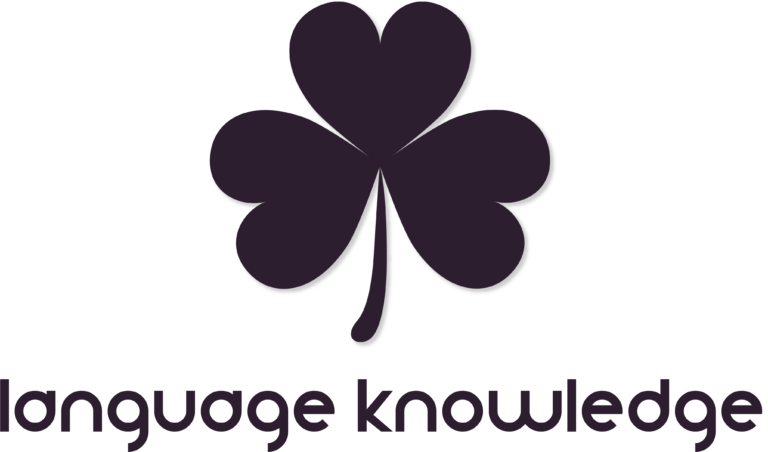What are type 1 If-sentences?
First, type 1 If-sentences are condition sentences that include if (if). Furthermore, these sentences, like any other, also contain a main clause. An example of this is as follows:
If the sun shine, I will not learn for school.
Type 1 expresses a probable condition because it is very possible for the sun to shine. This applies not only to this example, but for every type 1 If-sentences.
The usual formation of such an If-sentence in English
Thus, the ordinary formation refers to the fact that the If-sentence is in the present tense and the main sentence in the future 1.
Review:
How is the present tense formed?
Infinitive
Normally, the Infintive stands within a present tense sentences alone. However in the 3rd Person Singular an “-s” is appended.
Future Tense:
will + Infinitive
On the other hand, the future tense is formed with “will” and the infinitive. To negate the sentence a “not” is placed behind the will.
Example:
If the sun shine, I will not learn for school.
The possible condition:
Since it is possible that the sun will shine, the condition is satisfiable. However, there are a few more tenses in which the If-Clause can stand.
What are the Tenses involved?
| If-Clause Tense | Main Clause Tense |
|---|---|
| Present | Future 1 |
| Present Progressive | Imperative |
| Present Perfect | Modal Auxilliary |
| should + Infinitive | |
| Present | Present |
Here you have to keep in mind, that among the first 4 you can form them with each other. This means that you can choose any tense in the If-sentence and then any other tense in the main sentence, but only from the first 4 lines. In the following, all sentence possibilities, according to the order of the If-sentence tenses, are explained. The last line stands alone.
Present tense in the If-sentence:
Because the If-sentence is in the present tense, it expresses that the condition relates to an upcoming event. Examples: Main Clause comes first in Future tense 1, then Imperative and finally Modal Auxiliary:
- If the sun shine, I will not learn for school.
- If the sun shine, do not learn for school.
- If the sun shine, we can not learn for school.
The progressive form of the present tense in the If-sentence:
Since the If- sentence is in the progressive form of the present tense, it expresses that the condition still takes place. Examples: Main clause first in future 1, then imperative and finally modal auxiliary:
- If I am learning now, I will not learn for school later.
- If I am learning now, I do not learn for school later.
- If I am learning now, I can play football later.
The perfect in the If-sentence:
Because the If-sentence is in the Present Perfect, it expresses that the condition relates to a past event. Examples: Main clause first in future 1, then imperative and finally modal auxiliary:
- If I had already learned for school, I will not learn later.
- If I had already learned for school, I do not learn later.
- If I had already learned for school, I can play football later.
If “should” + Infinitive is in the If-sentence
Since “should” + infinitive is in the If- sentence, it expresses that the condition is less probable. Examples: Main clause first in future 1, then imperative and finally modal auxiliary:
- If I should understand all, I will not learn later.
- If I should understand all, I do not learn later.
- If I should understand all, I can play football later.
Overall present tense:
If the present tense is represented both in the main sentence and in the If-sentence, then your statement is generally valid. That means your statement refers to the general public.
- If you learn, you will write great quotes.
About me
Hey, formerly I thought that learning languages was an innate one. Either you can speak English perfectly or not and no matter how much you learn – “I do not write a good grade in English anyway.” But I quickly learned that you do not know everything in your mother tongue.
After a while, I gave myself one last chance to learn English. Only this time I limited myself to the essential points.
That means for me verbs: the form – examples – signal words & the usage
This method enabled me to learn English faster than ever before.
Since then I know that learning to talk is not innate. And through that realization, my vision has become to offer other students the opportunity to learn English, just like I did back then. Now I ask you to help me by sharing this article with your friends! Thanks a lot!
You read: If clauses type 1 | Conditional sentences type 1





